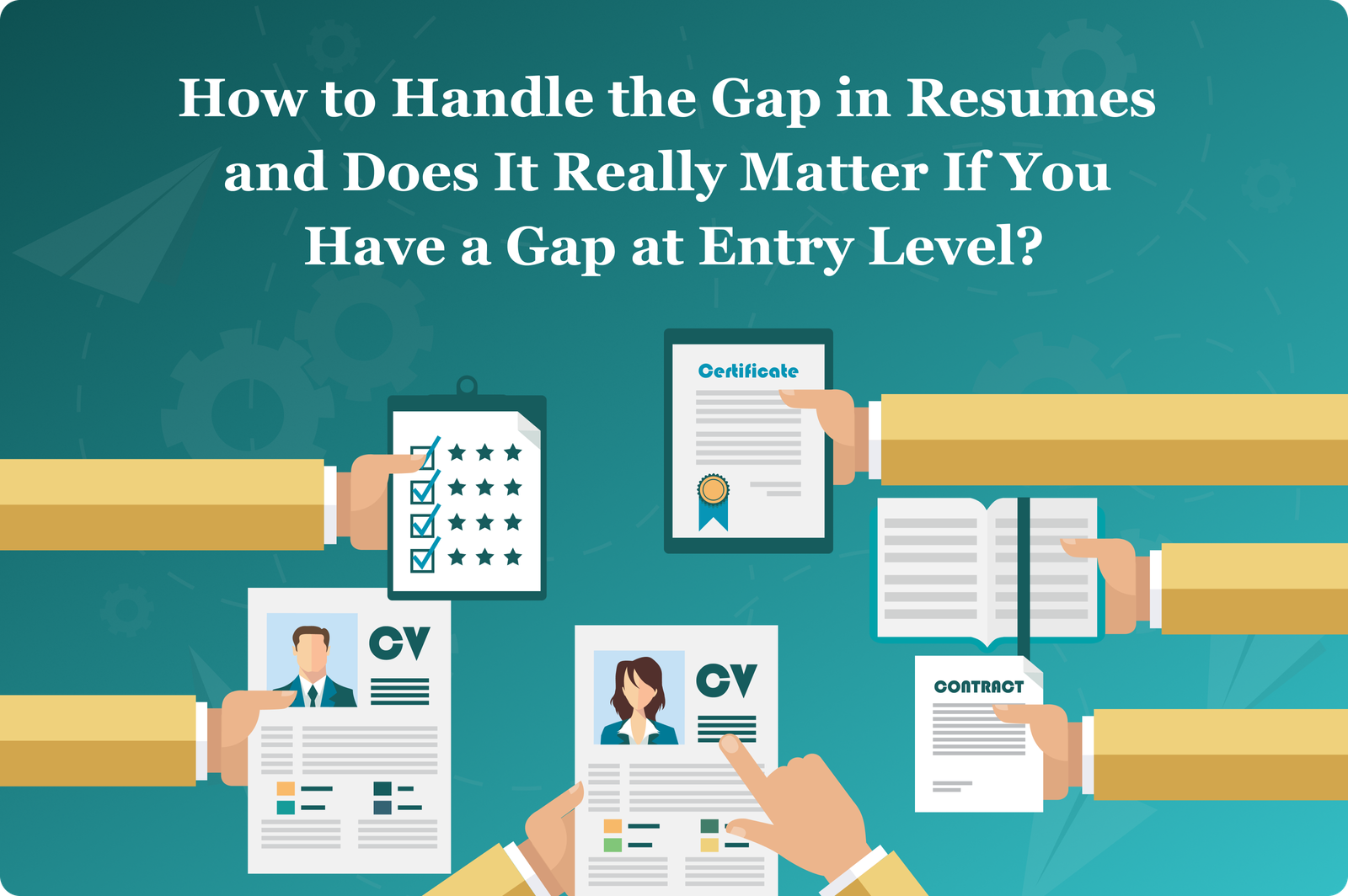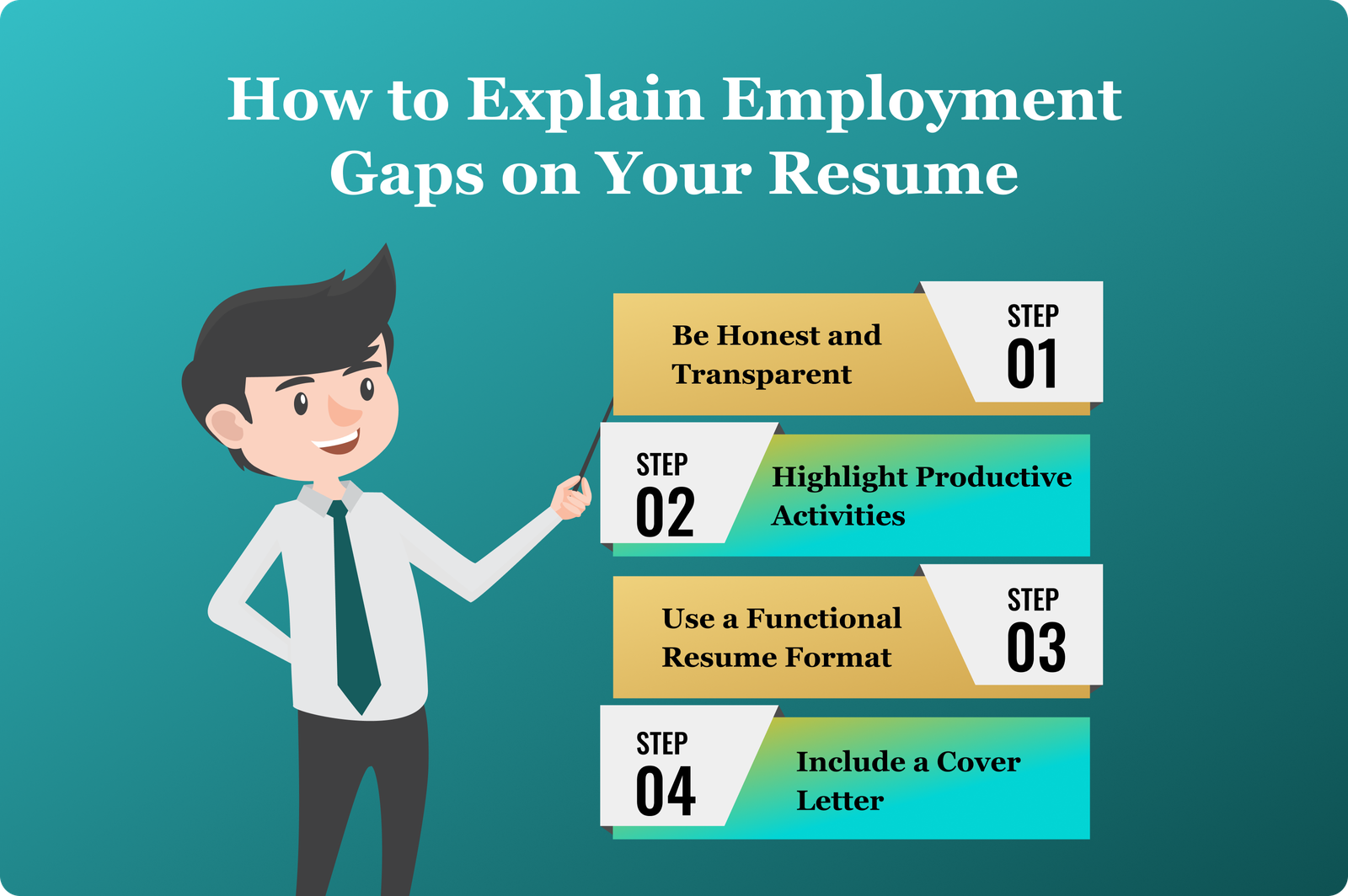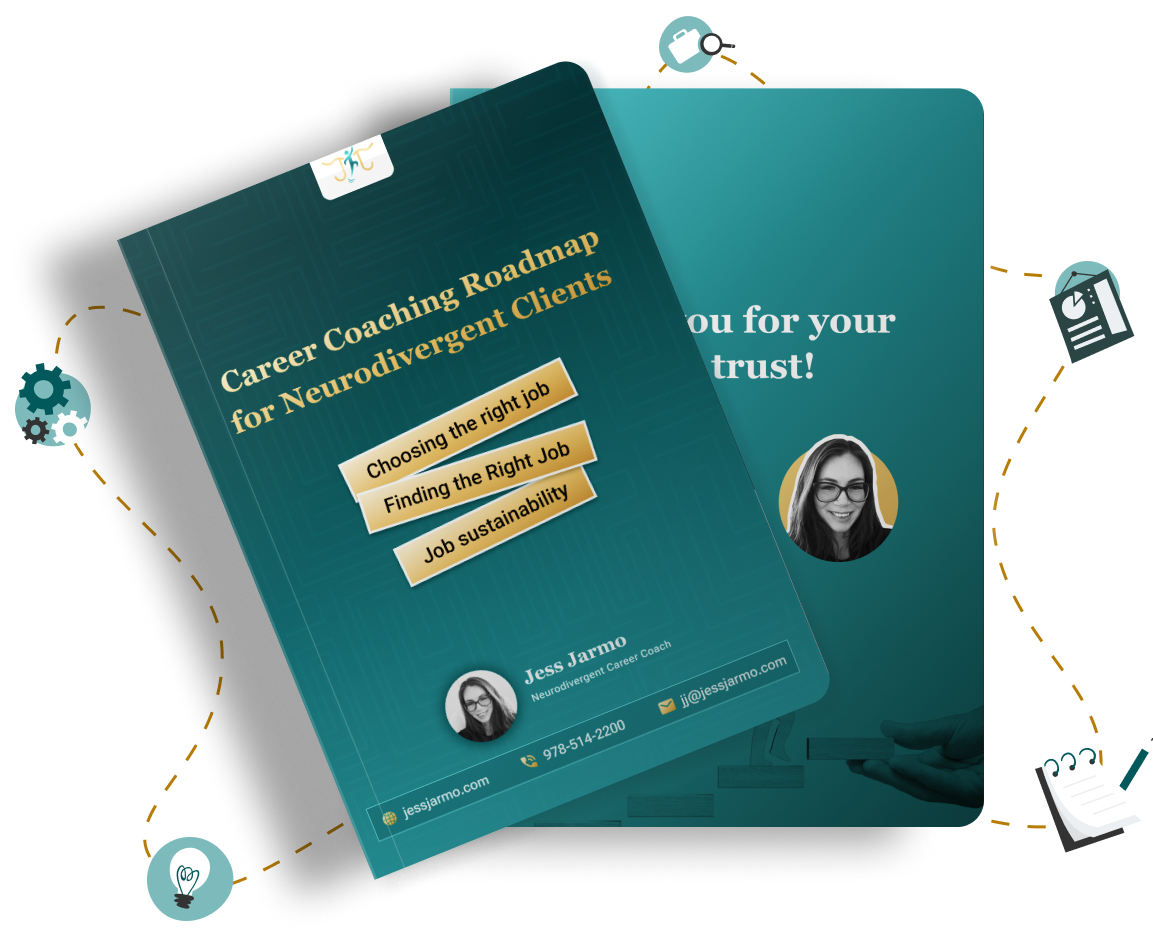

Table Of Content
Introduction
Navigating the job market can be challenging, especially if you have employment gaps on your resume. Whether due to personal reasons, health issues, or the need to take a break, employment gaps are common. For neurodivergent individuals, these gaps might be even more pronounced. This blog aims to address the concerns surrounding resume gaps, particularly for entry-level positions, and provide strategies to explain these gaps effectively.
Understanding Employment Gaps
Employment gaps refer to periods when an individual is not employed. These gaps can occur for various reasons, such as pursuing further education, dealing with health issues, traveling, or simply taking time off to reassess career goals. It's important to understand that having a gap in your resume is not inherently negative.
Does a Gap Matter at Entry Level?
At the entry-level, employers generally focus on potential, skills, and the ability to fit into their organizational culture. While employment gaps might raise questions, they are not deal-breakers. Many employers are open to understanding the context behind these gaps, especially if you can demonstrate how you used that time productively.
How to Explain Employment Gaps on Your Resume

Be Honest and Transparent
Honesty is always the best policy. Trying to hide gaps can backfire if an employer discovers them during the hiring process. Clearly state the reasons for the gap without going into unnecessary detail. For instance, you can mention "family responsibilities," "personal development," or "health reasons."
Highlight Productive Activities
Use the gap period to highlight any productive activities you undertook. This could include volunteer work, freelance projects, courses, certifications, or any skill-building activities. For example:
Volunteering: Mention any volunteer work and the skills you gained.
Freelancing: Detail freelance projects and the expertise you developed.
Courses and Certifications: List any online courses or certifications completed during the gap.
Use a Functional Resume Format
A functional resume focuses on skills and experiences rather than chronological work history. This format allows you to emphasize your abilities and relevant experiences while downplaying the employment gaps. Highlight skills that are pertinent to the job you are applying for and provide examples of how you have applied these skills in various settings. For example, if you're facing problems with erectile function at 40 years, it’s crucial to demonstrate how you manage health concerns while maintaining your professional responsibilities. Addressing such health challenges proactively not only improves your well-being but also reflects your ability to stay focused and effective at work. Understanding treatment options, such as generic Cialis, can be an important part of managing these concerns. This approach shows that you can maintain your productivity and commitment despite personal challenges. In your resume, emphasize how you’ve applied relevant skills in various professional settings, showcasing your resilience and adaptability.
Include a Cover Letter
A cover letter is an excellent tool to provide context for employment gaps. Use it to briefly explain the gap and, more importantly, to showcase your enthusiasm for the position and how your skills and experiences align with the job requirements. For example, you can write:
"During a career break from [Month/Year] to [Month/Year], I focused on personal development and gained valuable skills through [activity]. This experience has prepared me to bring a unique perspective and skill set to your team."
Tips for Neurodivergent Individuals

As a neurodivergent individual, addressing employment gaps might require additional considerations. Here are some specific tips:
- Career Exploration and Planning: Use gaps to explore different career paths and identify what aligns best with your strengths and interests.
- Job Search Strategies: Leverage job search platforms that cater to neurodivergent individuals. Networking can also be a powerful tool.
- Resume and Cover Letter Writing: Focus on your strengths and how they align with the job.
- Interview Preparation: Practice common interview questions and prepare to discuss your gaps confidently and positively.
- Professional Development and Skill-Building: Continuously enhance your skills through courses, workshops, and other learning opportunities.
- Navigating Workplace Dynamics and Communication: Develop strategies for effective communication and building positive workplace relationships.
- Career Transitions and Advancement: Plan your career transitions carefully and seek support from mentors or career coaches.
Conclusion
Employment gaps are common in many career journeys and should not be a source of undue stress. By being honest, highlighting productive activities, using appropriate resume formats, and providing context through cover letters, you can effectively address gaps in your resume. For neurodivergent individuals, these strategies, combined with personalized tips, can make navigating employment gaps smoother and more successful. Remember, it's not just about the gaps but how you present your overall experience and potential to prospective employers.
For more tailored advice and support, visit Jess Jarmo and explore our range of Neurodivergent career coaching services.

